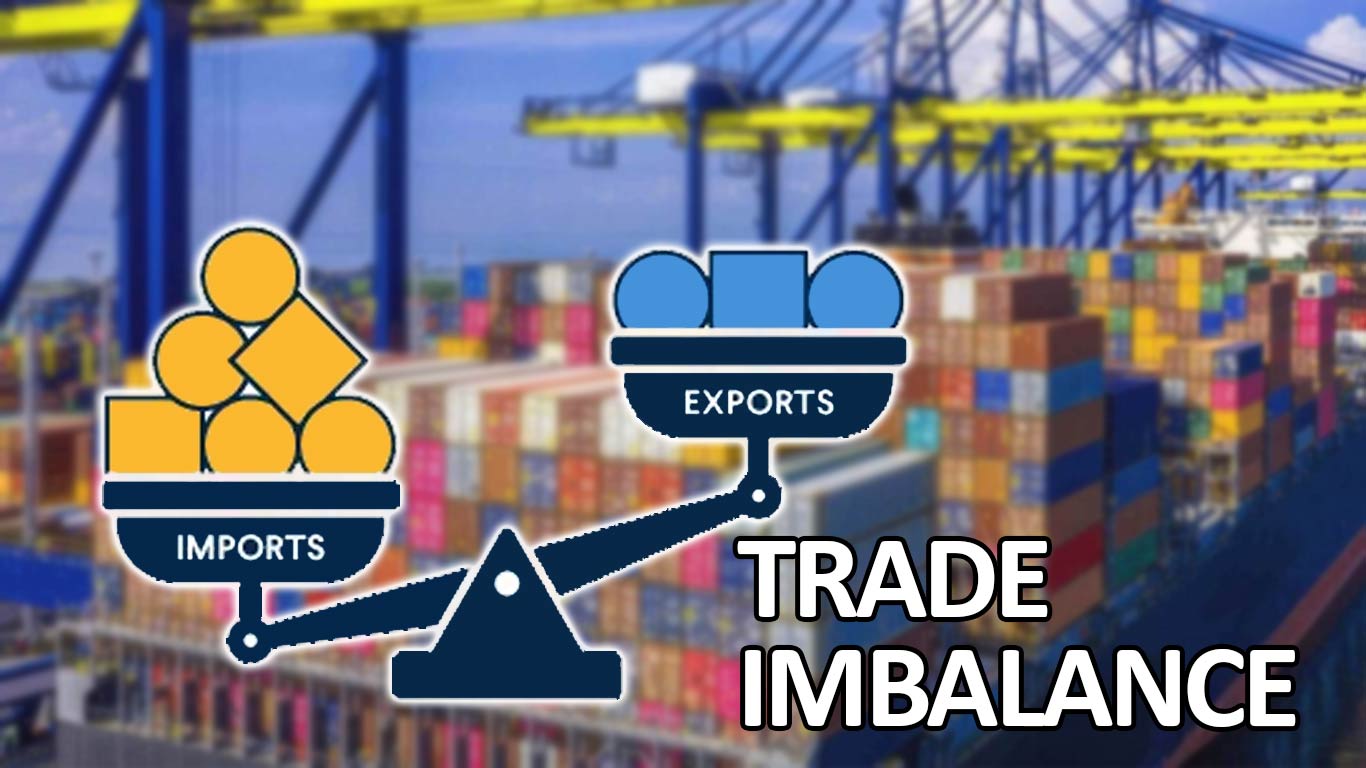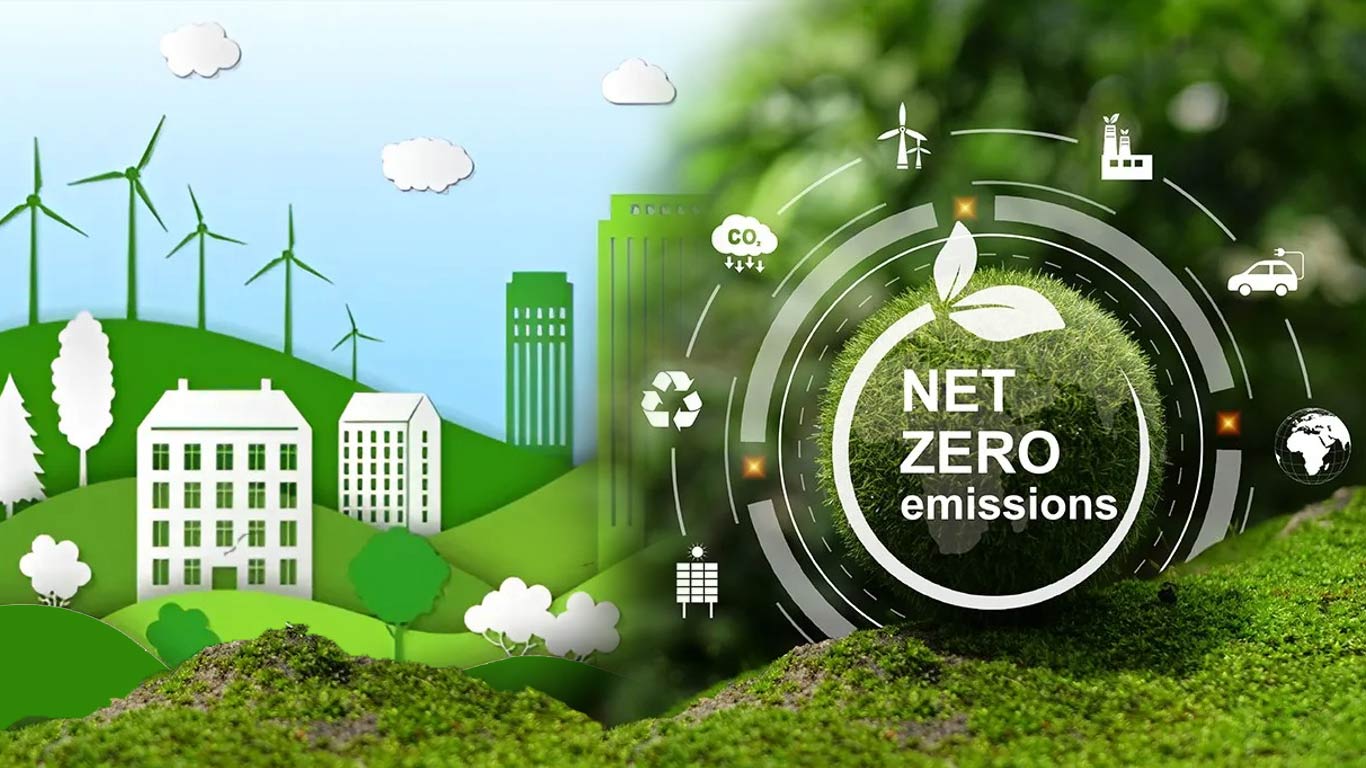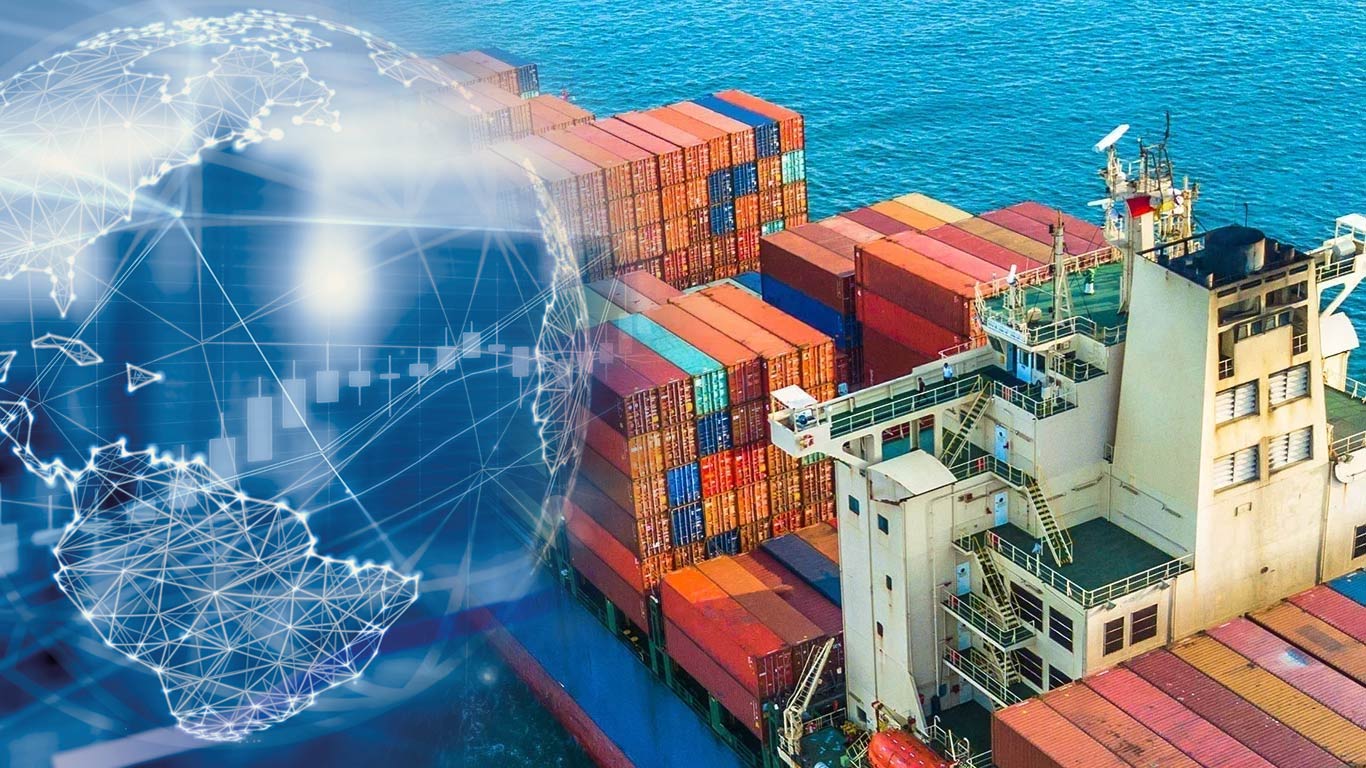Harmful levels of lead found in US rice imports
Updated: Apr 11, 2013 04:55:35pm

US imports about seven per cent of its rice.
Rice samples tested originated from Bhutan, Italy, China, Taiwan, India, Israel, The Czech Republic and Thailand - which accounts for 65 per cent of US imports. The researchers measured the lead levels in each country and calculated the lead intake on the basis of daily consumption.
While researchers found the highest levels of lead in rice from China and Taiwan, samples from other countries too significantly exceeded PTTIs. Some of the samples tested exceeded the level by a factor of 120. Hence FDA has decided to review the research.
“According to the FDA, they have to be more than 10 times the PTTI levels (to cause a health concern), and our values were two to 12 times higher than those 10 times,” Tongesaye told BBC News.
The report was presented at the American Chemical Society Meeting, resurfacing the well-known issue of arsenic in rice, found earlier.
Research has indicated that lead is harmful to many organs, including the central nervous system. When children are exposed to high levels of lead, they suffer from various developmental problems.
Previously, following reports of arsenic in rice, the UK Foods Standard Agency and FDA alerted their public with a consumption advice.
Significantly, rice is grown in heavily irrigated conditions. Therefore it is more susceptible to environmental pollutants in irrigation water than other staple crops.
Further, rice is grown all over the world and it feeds billions. However the problem has to do with the range of agricultural practices around the world.
Tongesayi indicated that scientific literature with regard to India and China revealed that they irrigate their crops with raw sewage effluent and untreated industrial effluent. Although concerns have been raised, the practices continue.
He has also attributed the problem to the practice of sending electronic waste to developing countries, adding to their pollution woes.
With a globalised food market, people today commonly eat food from other parts of the world where pollution conditions and agricultural practices differ. The researcher indicated that it was perhaps time for an international regulation that would govern production and distribution of food. (KNN)











